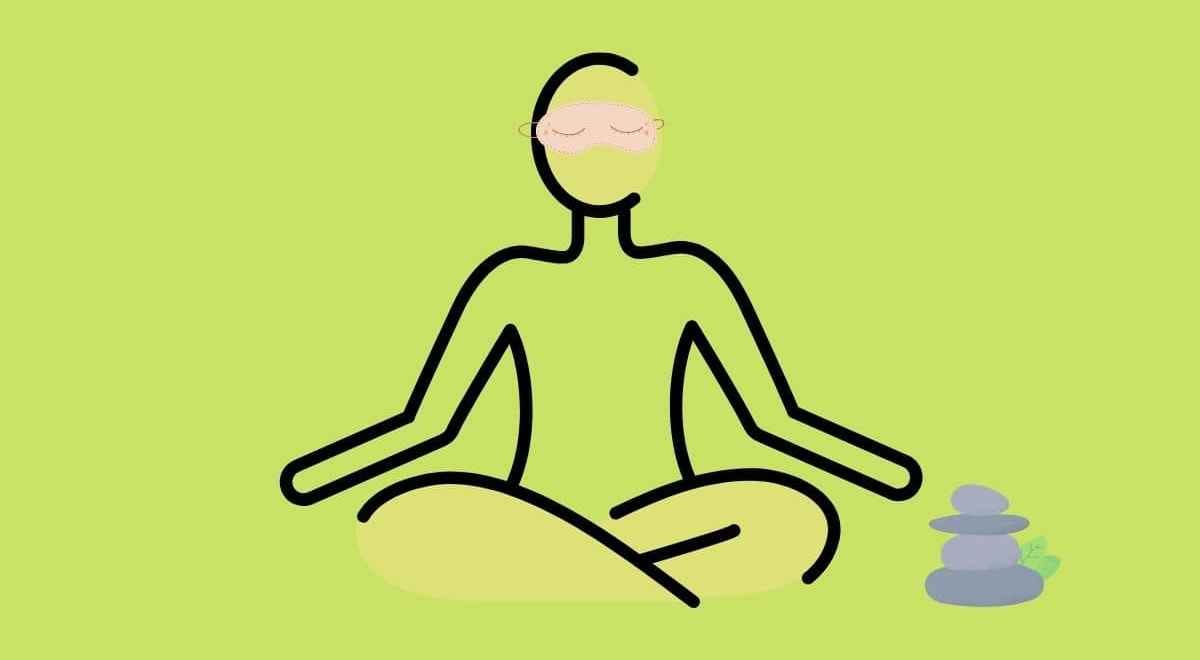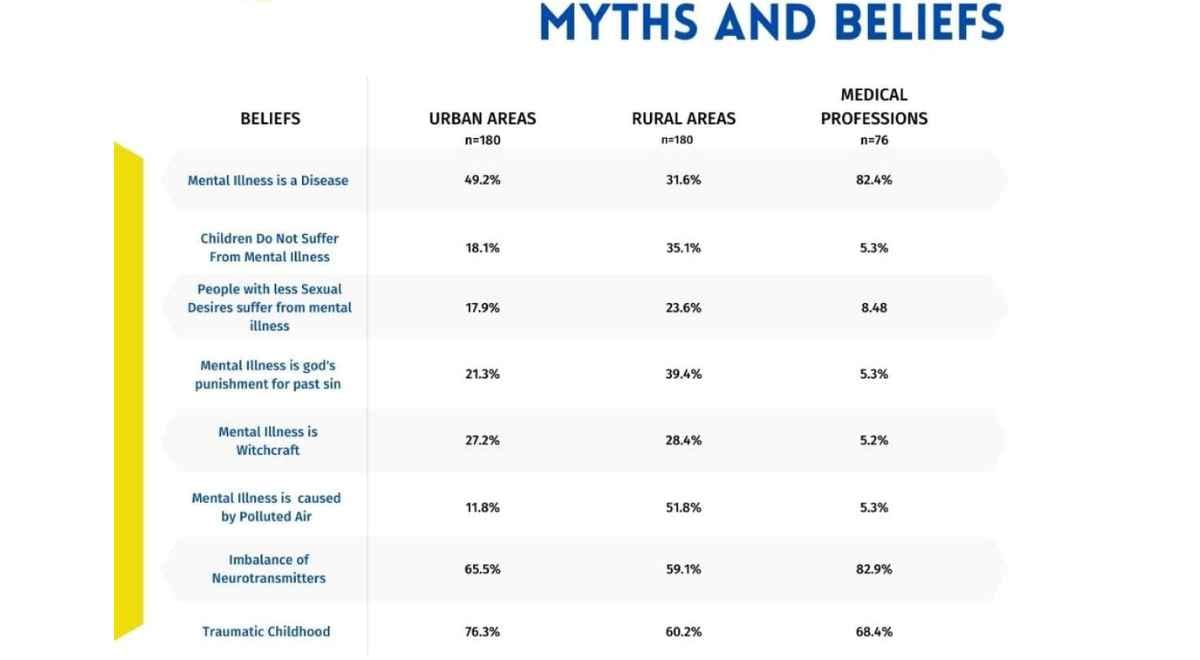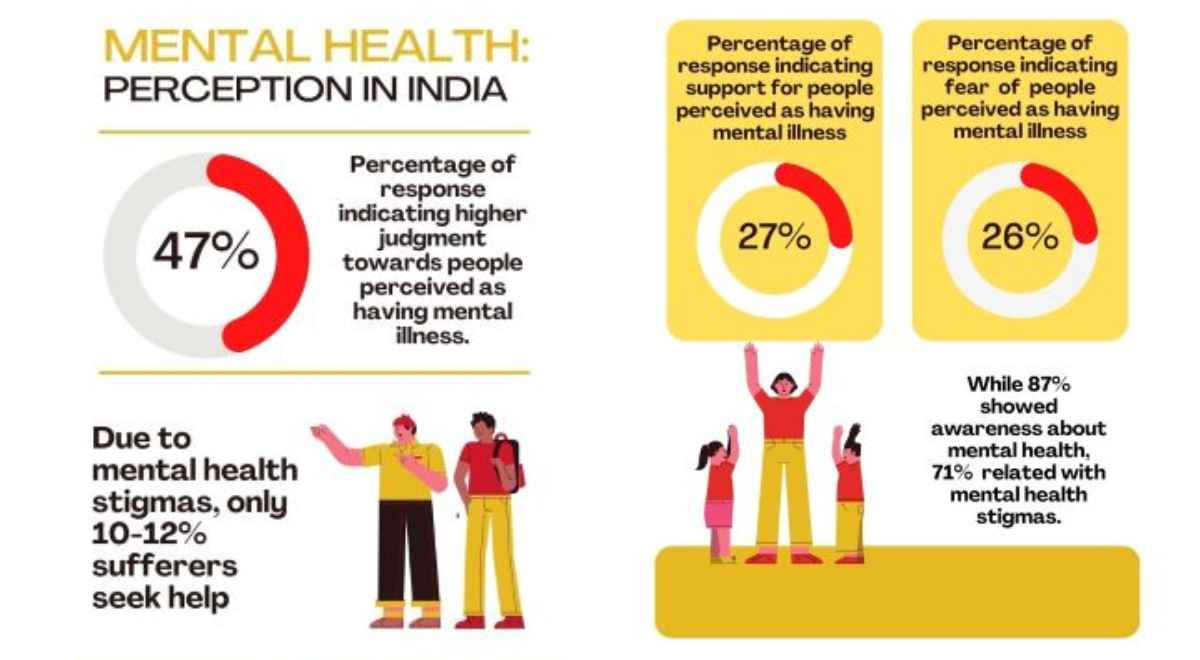Mental Health Taboo And Perceptions In India
It’s 29th World Mental Health Day and we finally ask ourselves ‘Are we okay?’. Mental health is nothing different from our physical health, instead, it is more than important. It is a necessity! ‘Mental Health in India.

Do you often ask yourself questions like what mental health is? Why is mental health important? Why does mental health affect relationships and emotions? Is it something that might change the lifestyle of a person or is it just a false ideology that came up with post-modernism? You can find all these answers in just one question! Do you care? It’s the 29th World Mental Health Day and finally, we ask ourselves ‘Are we okay?’. Mental Health isn’t a very narrow concept, however, WHO defines it as a state of well-being in which the individual realizes his or her abilities, can cope with the normal stresses of life, can work productively and fruitfully, and can make a contribution to his or her community. Mental health is nothing different from our physical health, instead, it is more than important. It is a necessity!

Let us begin with ideologies related to the term ‘Mental Health’ in India, based on myths, beliefs, and perceptions. When we go back in the history of mental health in India, we see various religious ideas constructing the concept, they revolved around Indian epics such as Mahabharata and Ramayana. Many citizens did not know how to react to the sufferer but they did believe in treatments even in a historical era. Description of many related mental illnesses has been found in Vedic Texts, Bipolar Disorder and Schizophrenia were among these. Along with Hindu mythology, Unani treatments were also accepted as an answer to the well-being of a person. Many didn’t believe in Vedic ideologies or any studies which accepted mental illnesses so, they created a delude perception to treat them. Sometimes these included boycotting the sufferer, enforcement of sacrificial offerings, honor killings, and many more. Although with the evolution of Ayurvedic studies, a pseudoscientific medicinal system studying the mental and physical well-being of a person, India got another try towards neurological treatments. With deep analysis of body and soul, solutions came along which included living a healthy lifestyle, yogic activities, natural medicines, medicinal oils, and more. Ayurveda termed mental health quite early in history which was practiced around the country by various dynasties. King Ashoka created India’s first series of mental health hospitals.
Meanwhile, colonization brought in many changes for the Indian apparatus, modern medicines and modern treatment processes were first introduced by the Portuguese in the country (17th Century). Colonialism gave another face to mental health and regarded it as Lunacy! Initially, mental healthcare in colonial India faced a two-fold effect. Hospitals were only offered to British soldiers posted in India and the rest went through local communities practicing Ayurveda and Unani treatments. Even with increasing technological advances, the shape of mental health studies changed, however, Indian ideologies are still scattered on the belief system.
In 2011, a survey was conducted on Myths, beliefs, and perceptions about mental disorders and health-seeking behavior in Delhi, India (J. Kishor & others). This is what they found:

According to the study, the rural population and medical professionals had more prevalent myths and misconceptions than the urban population. This indicates that there is a great need of removing the mental health stigma from the roots. In 2017, President Ram Nath Kovind asserted that India is cladding mental health pandemic! In India having a mental disorder is looked down upon and it is resonated with a very unhealthy stigma. According to a study in 2018, this is how the perception of mental health looked.

With the Covid-19 pandemic hitting the country, DALYs ( Disability-adjusted Life years) has reached 2443 per 100000 population and the suicide rate due to depression has reached 21.1% (WHO 2020 Survey).
India is facing an internal pandemic, 7.5% population fights mental illnesses due to grieving reasons during the Covid-19 phase. Understanding mental illnesses can be very hard but supporting a sufferer by not mocking them can be a first step in understanding it.
Few symptoms to recognize a mental illness victim
- Feeling low on energy
- Feeling Demented or puzzled most of the time.
- Detachments from reality(Delusion/ Hallucinations)
- Extreme Mood Swings
- Change in Sleep Cycle
- Change in diet
- Feeling anxious
- Increasing substance abuse
- Withdrawal from close ones
- Suicidal Thinking
Talking about mental health often opens up a gate for the sufferers to accept their diagnosis. In India, an average of 15% of children suffer from mental health problems and an average of 74% of students suffer from mental health problems. Mental health in children and adolescents is very difficult to detect as they are not expressive about various aspects of their consciousness. Meanwhile, the mental health of students directly leads to extreme results such as depression and suicide. There are many Mental Health NGOs that help in identifying and tackling health relations for all age groups in India. Mental health counseling helps in overcoming mental health disorders with various therapeutic treatments varying upon the effectiveness on a person.

Mental health illnesses are neurologically oriented which lack a healthy lifestyle. As body and mind are interconnected, it is directly affected by our surroundings. Our home environment can affect our mood which in turn affects our mental health on a long-term course. A cluttered home has a negative impact while a clean, systematic and visually appealing house has a positive impact on our well-being. Studies have shown that the color palette of the house has a positive effect on mood, behavior, and cognitive functioning. Creating Personality Friendly Zone: Often we live in a house that does not reflect our identity. Shaping and designing your own favorite spot in your house will play a very vital role in improving your mental health for a long-term period.
Tips to improve your mental health
- Color the walls: Having your favorite color on the wall that you feel lifts your mood, can be a very helpful element in improving your mental health for a long term period.
- Clearing Clutter: Freeing up clutter from your surrounding, clears up clutter from your mind. This step will definitely help for a lifetime.
- Have the right choice of light: Dull rooms and dark surroundings indicate gloominess which indirectly makes our minds fuzzy and delusional. For better mental health, always go for brightness that appeals to your happy hormones.
- Easy-to-do Maintenance: If you are on a treatment, you hope for a low-maintenance house that feels very comfortable and cozy without putting much effort into taking care of it.
Home can be one of the changes that you can start with if you feel mental health is a necessity too. Here are some tips on how to make your house clutter-free.
We would really appreciate it if you let us know how you feel about Mental Health blogs




Comments ()